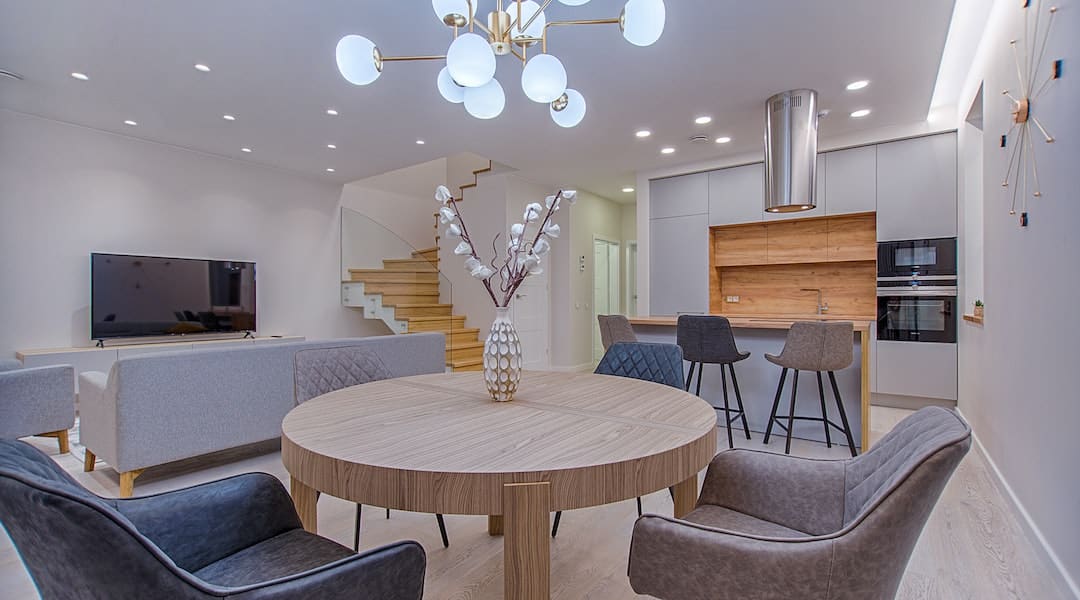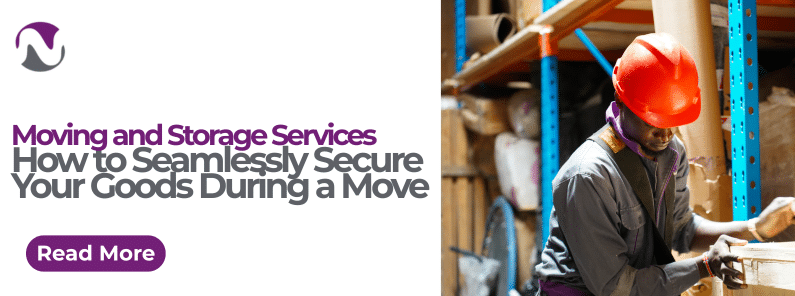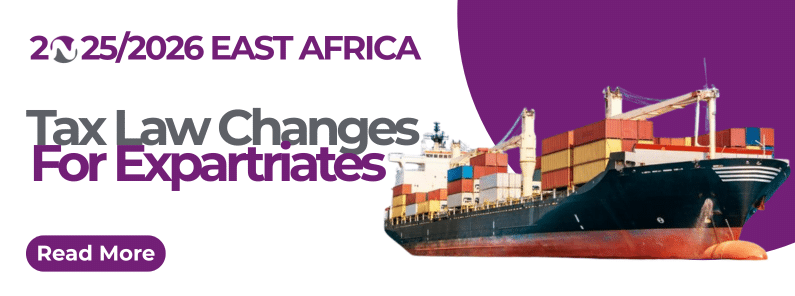Are you looking to import furniture from China but have no clue what it entails? Well, moving your furniture from China to Kenya is nowadays a straightforward process, thanks to the improved trade ties.
Over the years, the two countries’ trade relationship has significantly improved, something that enhanced imports from Asian country.
China’s economy, as it were, is ever-growing. Today, it is one of the largest exporters to many countries in Europe, Asia, America, and Africa.
Its growth has brought lucrative opportunities for entrepreneurs and homeowners looking to import items for sale or personal use.
This has also allowed many people to take advantage of the affordable services international moving companies offer, including packaging, removals, and shipping. Today, many homeowners choose to import items such as furniture, construction materials, and electronics from other countries as opposed to buying locally.
Nonetheless, many Kenyans still find importing goods from China a challenging endeavour. Top-of-the-mind issues include shipping and customs clearance.
Lucky for you, this post provides easy solutions to speed up importing your furniture from China.
Moving Your Furniture from China to Kenya: 5 Things to Consider
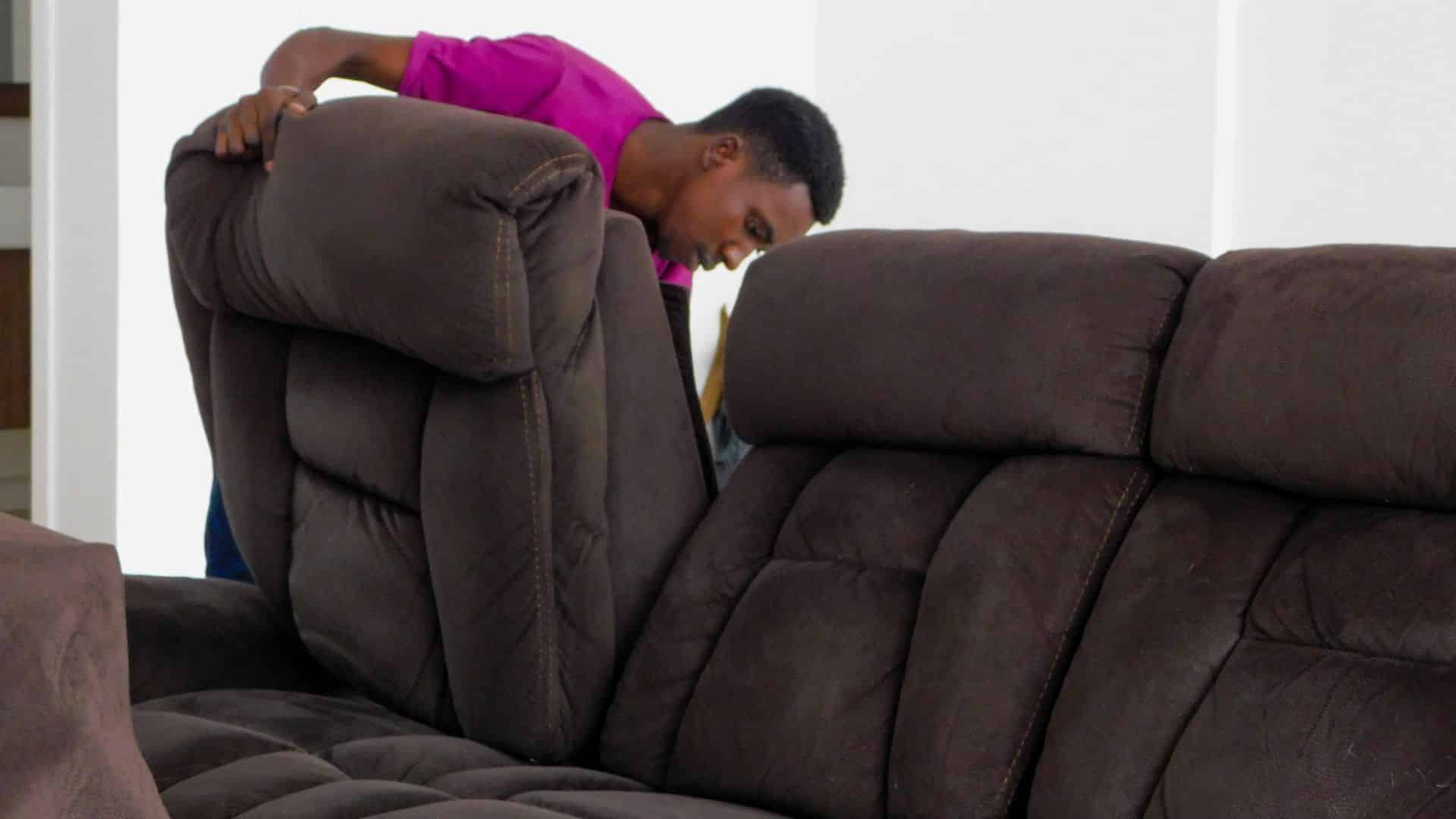
Quality furniture is a very lucrative business in Kenya. You can import anything from office desks, dining sets, beds, foldable chairs, fancy sofa sets, and tables, to name a few.
Anyone, including diplomats, business people, and homeowners, can import furniture from China.
There are many ways this category of people can use to import furniture from China to Kenya. Mainly, the process involves adhering to the proper legal and customs requirements.
You are good to go as long as you produce all the required documentation and pay all the required taxes.
If not done correctly, it can be such a demanding experience. But wouldn’t it be nice to plan the whole process?
Here is a guide on what you need while moving your furniture from China to Kenya.
1. Customs Clearance Conditions Must Be Met
Every country has laws regarding importing goods into their lands, and Kenya is no exception. All items imported into the country are subject to clearance at the Kenya Revenue Authority (KRA), where the appropriate taxes must be paid.
KRA requires you to have specific documentation and papers for items originating outside the country.
Some of the most mandatory documents you should have at all times when importing furniture from China to Kenya include:
i. Import Declaration Form
To import your furniture from China, you must apply and obtain an import declaration form (IDF) from the KRA. Once this document has been processed, your cargo can be shipped.
The IDF should contain the following particulars about your furniture:
- Quantity – The quantity might not be significant if you are importing for personal use. But it is essential to ensure the accuracy of the number of your items. Identify and quantify each item differently as opposed to grouping them.
- Cargo value – The value of your cargo (furniture) should be noted for tax calculations. Some items are tax-exempt, but certain conditions must be met. This is discussed in the next section.
- Cargo classification – Are your furniture for commercial use or personal use? There are different taxes for various types of goods. An international moving company can help you determine the different categories.
- Quality – The IDF also details the quality of the imported furniture. Your goods will be subject to a quality control check.
ii. Certificate of Conformity
Control bodies such as the Kenya Bureau of Standards (KEBS) will subject your furniture to physical verification if you are not a diplomat.
The bureau doesn’t allow the importation of poor-quality items, mainly as a move to safeguard against unfair trade and your safety.
Other bodies, such as the Bureau Verita and INTERTEK, are mandated to monitor and guarantee the conformity of imports into the country. This includes your furniture.
Diplomatic shipments will not be inspected courtesy of the Vienna Convention on Diplomatic Relations (VCDR). However, a PRO 1B form, which the Ministry approves of Foreign Affairs, should be provided before the shipment is cleared.
iii. Commercial Invoice
The commercial invoice contains details about freight charges, the cost of imported goods, and insurance, to name a few.
Your commercial invoice should conform with the packing list. This should help you avoid inconsistencies regarding your documentation and what you are importing.
The total item costs should be indicated if you have more than one commercial invoice.
1. Packing List
The packing list includes package description, number, the weight of the furniture in metric tons, length, width, and height of your freight. The cubic measurements of all the packages should also be indicated.
The distribution of these items should match your commercial invoice.
2. Exemption Letter
In instances where the furniture you are importing, for example, is meant for charities, government organizations, diplomatic causes, and major projects, you can apply for an exemption letter.
2. Taxes Vary Depending on the Furniture Purpose
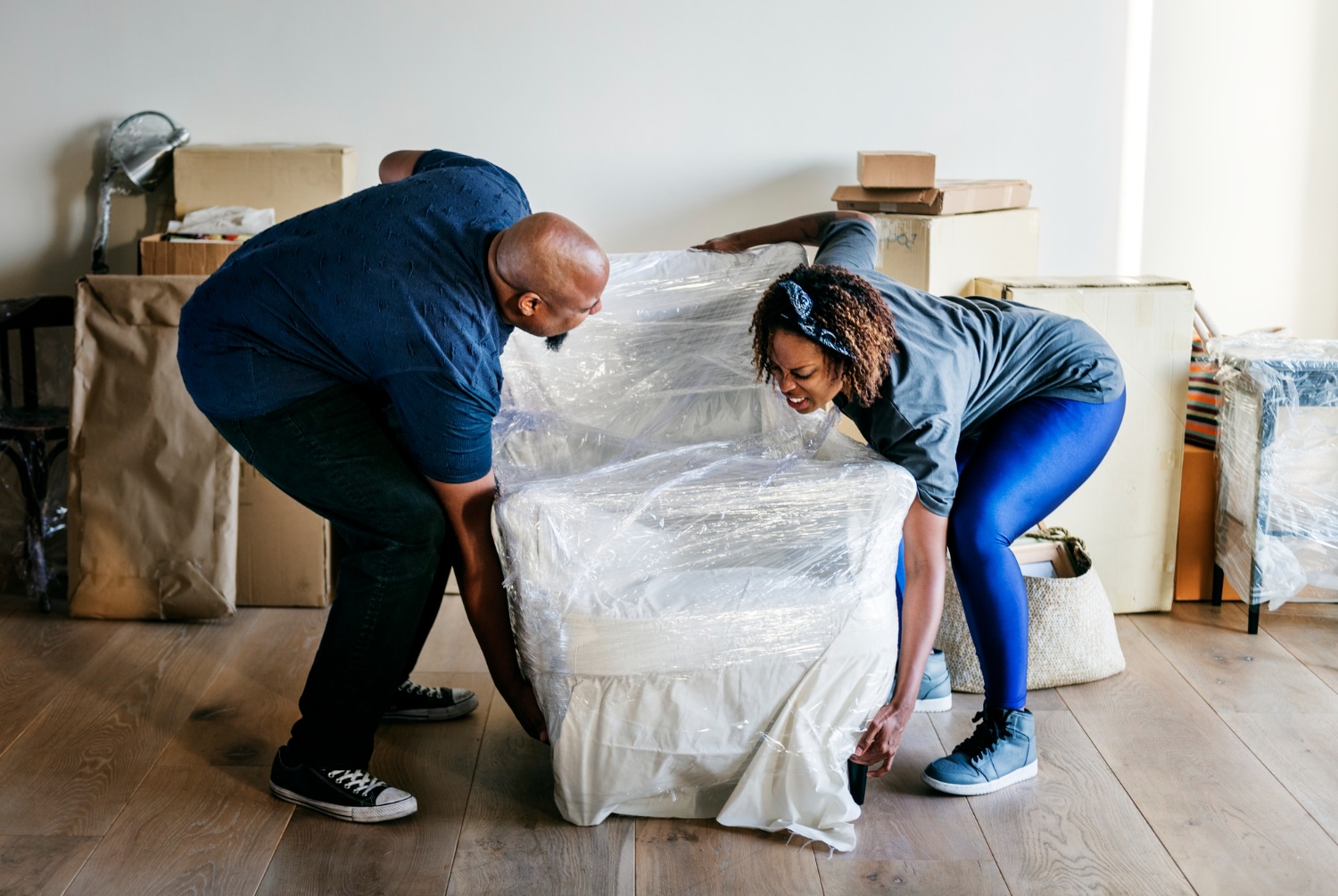
If you are importing brand new furniture, for instance, the taxes you will pay depend on whether you are:
- Importing for personal use
- Importing for diplomatic use or charitable causes
- Importing for commercial purposes.
The particulars for each category are detailed below.
Importing for Personal Use
Imports in this category include furniture for personal use, that is, for freshly constructed new homes, new hotels, or hotels under refurbishment, among others.
Importing your furniture from China to Kenya for personal use will attract various duties and taxes calculated based on the customs value, commonly known as Cost Insurance & Freight (CIF).
The CIF is calculated as the value of your imported furniture plus the insurance premium. This is arrived at because marine insurance is a requirement for any shipments to protect your cargo from losses or damage. KRA recommends a Kenyan insurance company for this purpose.
The taxes include:
- Import declaration Fee (IDF) – This fee applies to all items imported into the country for personal use. Therefore, you shall pay a rate of 2% of the CIF at the customs clearance as provided by the Miscellaneous Fees and Levies Act.
- Railway Development Fund (RDL) – You shall also be required to pay the railway development levy before your furniture is cleared. The RDL rate is 1.5% of the total value of your furniture and should be paid at the point of entry into the country.
- Value Added Tax (VAT) – Much like other taxable goods, your furniture will attract VAT at a rate of 16% on the total cost of CIF. This is also payable at customs before the clearance.
The only exception to these conditions is if you are a returning citizen or an expat. Returning citizens and expats can enjoy duty-free importation of furniture, but for personal use.
If you are a returning citizen, to be exempted from taxes imposed on moving furniture from China to Kenya, you must prove to the customs that you have lived in the Asian country for not less than two years. You can use your passport to confirm this condition.
Also, Kenyans returning home from China must ship their furniture within 90 days after their entry into the country to enjoy duty-free importation. The Commissioner of Customs can only extend the duration but in writing.
Nevertheless, if you are applying for duty-free exemptions, you must activate your KRA PIN on KenTrade. For returning citizens, your PIN must also be active on the iTax Online Service Area portal.
For expats, you must have a work permit, valid for at least two years. They must also ship their furniture, among other household items, within the first 90 days of arrival.
It is worth noting that you cannot sell, lease, or dispose of duty-free imported household furniture.
In a nutshell, returning citizens and expats must produce the following to import cargo:
- Copy of the passport, residence visa, and or work permit
- KRA PIN certificate
- Air waybill; and
- Valued packing list
Importing for Diplomatic Causes
If the furniture you are importing is for diplomatic causes, you will enjoy duty-free shipment. However, certain conditions must be met.
You will need to produce the following documents:
- An original passport
- PRO IB Forms – This document must be approved by the Ministry of Foreign Affairs, exempts diplomats from inspection
- Itemized inventory if it is a large shipment.
- KRA PIN certificate
According to the LRA, with an approved PRO 1B form, diplomatic imports are not subject to inspection.
That said, it is essential to produce these documents and papers at least a week before your cargo arrives at the Kenyan post – whether by air or sea. Similarly, if you are a diplomat, you must be present in Kenya to receive your shipment.
Importing for Commercial Use
If you are a business importing furniture for commercial use – resale in Kenya – you will need the services of a licensed clearing agent. The agent will process the import documents helping release the goods on your behalf.
However, you must ensure you clear all the taxes imposed on your furniture shipment. The duties and taxes payable include:
- Import Duty – The import tax rate for furniture – especially sofa sets, cupboards, tables, and coffee tables, among others – stands at 25%, as provided by the East Africa Community Common External Tariff (CET).
- Value Added Tax (VAT) – The normal VAT rate of 16% will be applied to your furniture imports from China.
- Import Declaration Fees (IDF) & Railway Development Levy (RDL) – An IDF rate of 3.5% and RDL of 2% will be levied on the value of imports as indicated in the Miscellaneous Fees and Levies Act.
To facilitate a seamless process of these taxes, you should provide the following documents to your clearing agent:
- Certificate of Conformity (CoC)
- Import standardization mark (ISM)
- Valid commercial and proforma invoice from your exporter in China
- Bill of Lading and freight invoice if you are shipping by sea
- Airway Bill if you are importing through air freight
- Certificate of origin
- KRA PIN certificate
- Exemption letter if your furniture is tax exempted
- Packing List
Upon making the payment on the required fees and issuing your customs clearing agent with all the necessary credentials as listed above, the customs will then proceed to process all the compliant declarations and release your furniture.
3. Your Furniture Will Attract Port Storage Fees After 4 Days of Arrival
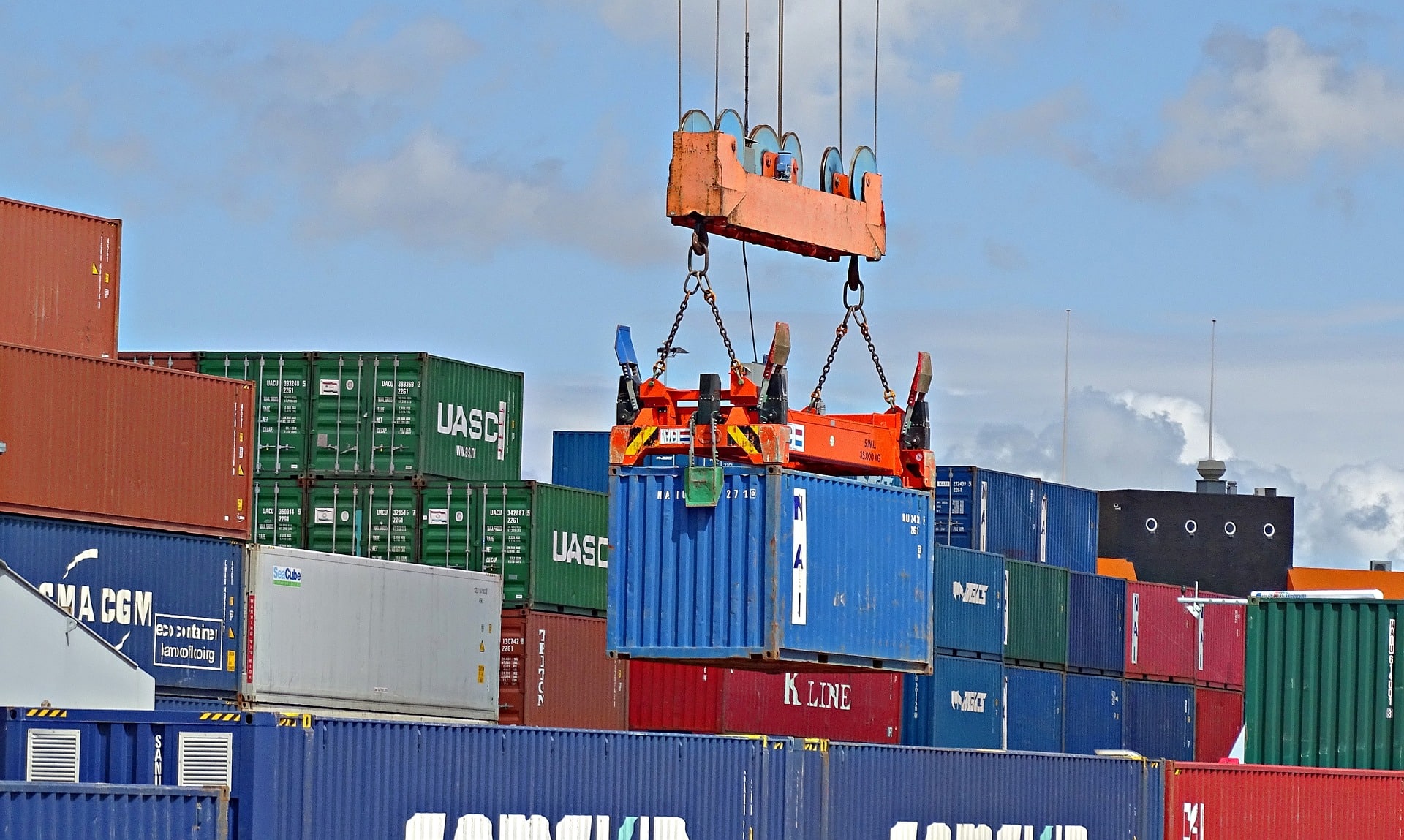
Supposing you are moving furniture from China to Kenya in a large consignment, your cargo will be stored at the ports free for the first four days.
During the four days, you must clear through customs before having your goods cleared for release. Beyond that, your consignment of furniture will attract port storage fees.
The port storage fees are charged differently depending on the cargo size. For example, a 20-foot domestic import container will be charged USD 30 from the fifth to the seventh day.
Here are the tariff guidelines on the rates the Kenya Ports Authority (KPA) charges on import storage.
Once your consignment has been cleared, a customs release is issued, allowing your cargo to be removed and transported to your premises.
You should, therefore, have a place ready to keep your furniture. However, if you haven’t settled in just yet, you can make use of professional storage services offered by moving companies such as Nellions Moving and Relocations.
Depending on your needs, Nellions provide both temporary and long-term storage solutions.
4. Pre-Clearance Will Speed Up Your Process
Since your goods can only be stored at the posts for up to four days before fees start piling up, it is highly recommended that you carry out a pre-clearance process with customs.
This includes lodging a customs entry for your shipment and clearing all the charges before the cargo arrives.
Completing this process will speed up the customs clearing once your shipment arrives. But remember, your cargo must be cleared and released by the shipping line once you issue the delivery order.
The ports authority will not release your shipment if this delivery order hasn’t been reflected in their systems.
5. You Can apply for an Extra Duty-Free Importation of Furniture
If you are importing furniture for commercial purposes, such as reselling, you can have a portion of them shipped by air and the rest by ship.
You can save on charges in such a case by ensuring smaller shipments don’t attract customs duty. This can be done by writing to the Commissioner of Customs, who may allow your shipment to be imported together with the sea shipment.
Of course, the approval of such a request is subject to volume limitation. Nevertheless, being allowed to import two separate consignments into the country, a portion of it being duty-free is a privilege.
Typically, you can only import one consignment duty-free into Kenya – unless you provide a valid reason why you should be allowed the exception. You are, therefore, advised to try, bearing in mind that you can either succeed or fail.
Moving Furniture from China to Kenya? Find a Reliable Mover Today

Moving your furniture from China to Kenya is no easy feat. But it helps to prepare early. Keeping in mind that unpaid fees and mismatches in information can delay your imports from reaching home swiftly, you should conduct a pre-clearance process early.
It would help if you enlisted the help of a reliable partner, one that understands the nitty-gritty details of importing your furniture from China to Kenya. A good example is Nellions Moving and Relocations Company.
Nellions can help expedite the process by connecting you with reliable and trustworthy logistics experts in China to do the shipping – whether by air or sea freight. This will ensure that your shipment is not held up at the ports.
Better still, when your shipment has been cleared through customs, Nellions will help transport your cargo to your preferred premises. And with a team of skilled professionals, they will help you install the furniture in your home, restaurant, club, hotel, or any other place of business.
Reach out today for a quotation and other helpful tips that will make your next import an even more straightforward process.




